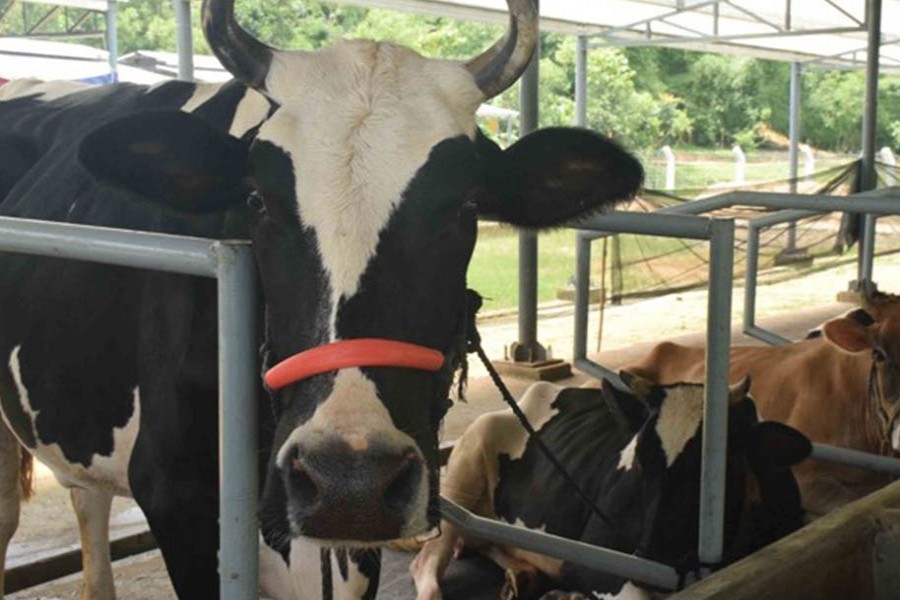One of the key farm sectors hit hard by the pandemic, particularly at the initial months of unofficial lockdown, is the dairy sector. Although there are attempts lately to get back to business as usual despite threats of a second wave, most farms are far from recovering the shock and are still reeling from the lockdown effect. Obviously, it was the restriction on vehicular movement across the country, coupled with almost a total lack of marketing avenues that had caused the damage. It got reported that per-day marketable production of milk from 250,000 farms (a good number of farms not registered with the government's livestock department) is around 10 million tonnes, almost half of which remained unsold at that time causing not only huge losses but also compelling many small farms to close down by selling their cattleheads at throw-away prices. Although the losses have not been estimated in quantified terms by the relevant agencies, it is felt that in the absence of adequate immediate succour it might be daunting for the sector to maintain its momentum. It is worth mentioning that the growth of the sector over the decades is primarily attributable to the private sectors facilitated largely by proactive planning. According to the Department of Livestock Services (DLS), the dairy farmers produced about 9.92 million tonnes of milk against the demand for 15.20 million tonnes in the fiscal year 2018-19 (FY '19).
The Bangladesh Dairy Farmers Association (BDFA) has demanded bailout from the government that among others include introduction of sales of animal feeds at subsidised rates, subsidy on electricity consumption, introduction of renting facility for farmland, and long-term tax holiday for the sector. Feed crisis due to both scarcity and high price seems to deter further manoeuvring for most dairy farms. While placing a ten-point demand, at a press conference, the BDFA leaders particularly spoke of animal feed price spiral which has made it impossible for many medium and small farms to survive. In view of this, the association leaders urged upon the government to utilise the Trading Corporation of Bangladesh (TCB) for selling dairy feeds at subsidised rates. They also demanded a ban on import of meat as the country has attained near self-sufficiency in meat production following India's ban on cattle export. But price fluctuation because of imported meat adversely affects the meat producing dairies.
In its demands BDFA asked for increasing import duty on bulk filled milk, providing loans to the dairy farmers at low interest rates, increasing powdered milk plants, stopping production of unhealthy condensed milk, formation of dairy board and making animal vaccines and medicine easily available at affordable costs.
Given the difficulties facing the sector, as well as its rural base and the large workforce it employs, the demands -- at least some of the demands, such as providing dairy feed at subsidised prices through TCB, low interest loans and subsidised electricity may be considered a timely move to let the sector recuperate and restore itself to the pre-Covid level.


